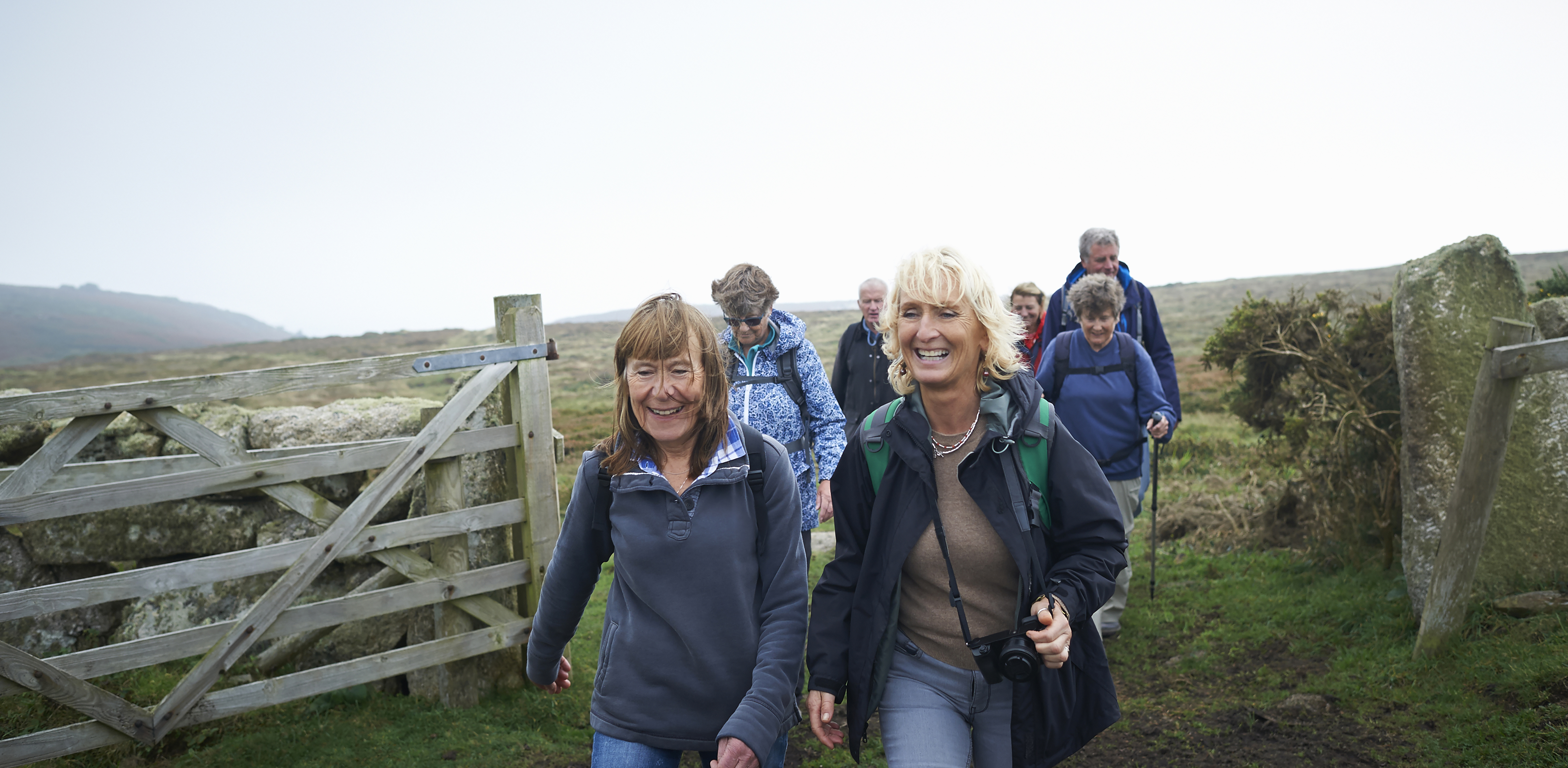Study claims that slow walking could be a ‘sign of faster ageing’
The findings are very interesting...

Scientists suggest that the speed people walk in their 40s is a sign of how much their brains and bodies are ageing.
According to research, people who walk slower had bodies that were ageing faster, faces that looked older, and had smaller brains.
Doctors often use gait speed to work out overall health, especially amongst those aged 65 or over, as it helps to give an indication of muscle strength, lung function, balance, spine strength, and even eye sight.
Researchers adopted this same technique to measure the ageing process amongst 1,000 people who were born in the 1970s, and followed them to the age of 45.
MORE: How to be optimistic when your brain is wired for pessimism, according to a psychologist
Those involved in the study also received physical tests, brain function tests and brain scans. During their childhood they took cognitive tests every few years.
Professor Terrie E Moffitt, lead author from King’s College London and Duke University in the US said, “This study found that a slow walk is a problem sign decades before old age”.
Sign up to our free daily email for the latest royal and entertainment news, interesting opinion, expert advice on styling and beauty trends, and no-nonsense guides to the health and wellness questions you want answered.
Amongst the 45 year olds, there was a wide variation in walking speeds. The fastest of these was over 2 m/s at top speed, without running.

Slower walkers showed signs of ‘accelerated ageing’, and their lungs, teeth and immune systems were in worse shape than those who were considered to have a 'fast' walk.
Interestingly, brain scans showed that slower walkers were more likely to have an older-looking brain, which was an unexpected finding for the researchers.
Researchers said that the differences in health and IQ could be due to lifestyle choices, or even a reflection that some people have better health at the start of their life.
MORE:Can’t sleep? Expert explains how your supplements might be to blame
They also claimed that measuring walking speeds at a younger age could be a way of testing ways to potentially slow down human ageing.
Treatments including low-calorie diets and taking a drug called metformin are currently being investigated, but studies such as this could help discover other alternatives.
It could also help people learn more about their brain and body health, so they can make relevant lifestyle changes as soon as possible. After all, we all want to be a little healthier...
Lucy Buglass is a Digital Writer specialising in TV, film and lifestyle content and has written for What's On TV, GoodtoKnow and Whattowatch.com. She's passionate about entertainment and spends most of her free time watching Netflix series, BBC dramas, or going to the cinema to catch the latest film releases. In her spare time, she writes film and television reviews for JumpCut Online and her own blog, Lucy Goes To Hollywood.